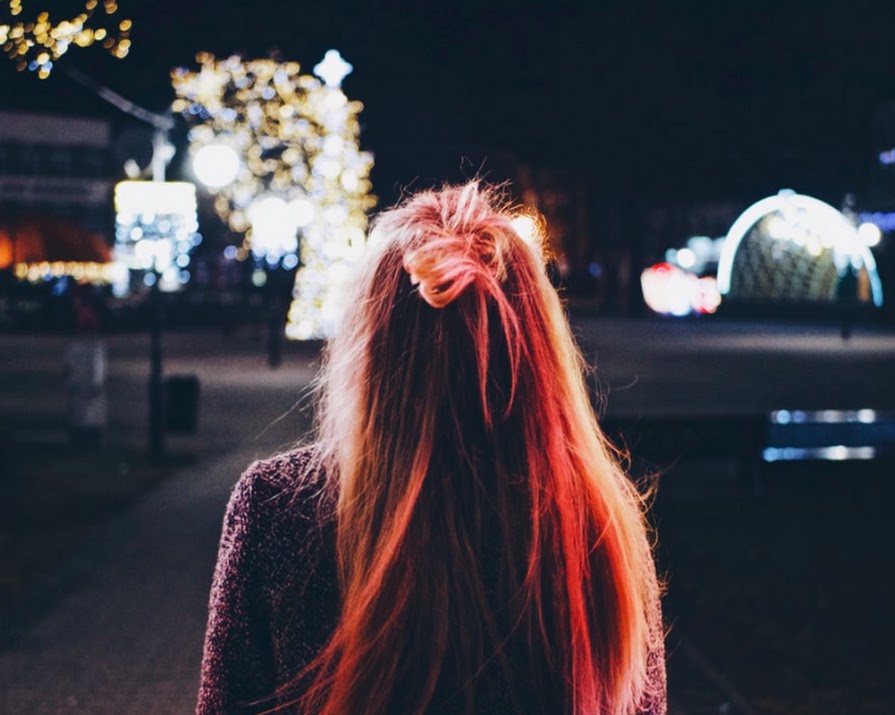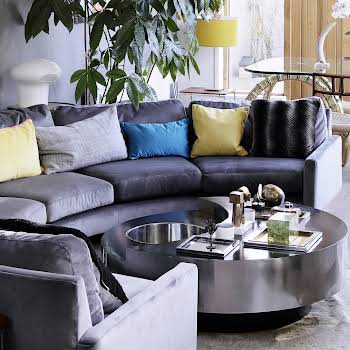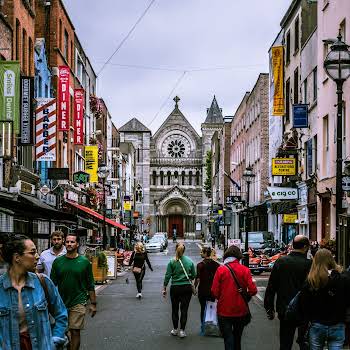
By Amanda Cassidy
05th Feb 2020
05th Feb 2020
After-dark entertainment in a city should be about more than just partying. But can a dedicated role really turn ‘nightlife’ into ‘life at night’? Amanda Cassidy reports.
In New York, they are called DON’s or Director of Night Life. In Paris and London, the role of so-called Night Mayors has managed to give traditionally roguish after-dark activities a more cultural glow.
The idea is to encourage more people into the city after dark offering a much-needed boost to arts and tourist attractions. The initiative was floated recently by Fine Gael who pointed out in its election manifesto that perhaps we are missing a trick when it comes to showing off our urban centres by night.
“A vibrant and diverse nightlife is an important part of the cultural offering of any urban area. It makes our towns and cities more attractive and interesting places to live and helps attract domestic and international tourists,” it continued.
“Fine Gael wants to see the establishment of local committees and ‘night mayors’ to advance and improve our night-time entertainment, creative and cultural offerings. Consideration will be given to licensing regulations, venue availability and changes will be balanced with the needs of residential areas.”
So far, so thinking a little more internationally…

Culture
Social Democrat Councillor for Dublin’s Cabra-Glasnevin, Gary Gannon believes that Night Mayors would encourage the focus on culture throughout the night. “It’s to ensure restaurants can stay open, that the streets are safe, that we have a programme of arts going on throughout the night. It’s difficult to come into the city at night if you’re not going to a pub. The whole idea of the night mayor is to change that culture.”
Nightlife should mean more than just partying.
And although the idea has been criticised by some as an indulgent “prestige culture” over the actual needs of Irish citizens, such roles have worked really well elsewhere and have had positive knock-on effects.
Mirik Milan was elected to Dutch politics in 2012 to overhaul Amsterdam’s nightlife while appeasing local residents. He told The New York Times that the so-called ‘nachuburgemeester’ faced its biggest challenge trying to convince other officials that nightlife should mean more than just partying.
“The night is always treated differently to the day,” he said. “When there is a problem at night, the first reaction of city officials or police commissioners is to stop it. Instead what you would do in the day is to bring all the stakeholders together and try to at least make the situation a bit better.”
Night economy
In London, comedian Amy Lamé became the city’s first “night czar” in November 2016. In an interview, Lamé emphasized that her role goes beyond pubs and clubs. “I realised from the beginning this is much bigger than just nightlife, this job is about life at night, which encompasses every aspect of life in London.”
In fact, she says she spends much of her time working with the city’s deputy mayors on things like policing, culture and planning. “If you take a slice of everything they do and flip it into the dark, that is my brief,” she said.
“In Ireland, we have two economies; the day economy and the night economy,” points out one Dublin publican. “We have a lot of emphasis on tourism during the day, the 9-5 workers, restaurants and shopping. Nobody has really ever pushed the night economy.”
Dublin nightlife suffered setbacks recently with the closure of venues such as The Bernard Shaw. Give Us The Night an activist group has also put pressure on the council in recent years to work on enhancing the offering for music venues and ‘cultural hubs’.

“Whose job is it to create these cultural spaces?”
Activist Andrea Horan pointed out on Newstalk that steps need to be taken to preserve our cultural heritage by night as well as by day. “Our cultural institutions and spaces are being eradicated and hotels are going up in their place and there’s no space being left for cultural spaces. It’s the job of hotel owners to make hotels make money. That’s their job. Whose job is it to create these cultural spaces? I think that’s the job that’s not being done at the moment.”
In Malta, they have successfully managed to open up their after-dark economy with great benefit to citizens and tourists. In Valletta, the largest and swankiest food market in the country is open until after midnight at the weekends. Locally referred to as ‘midnight shopping’, it ensures that those who frequent the city’s streets at night time are out to do more than just drink.
It is time to change the narrative as the natural usage of cities evolve
A new perspective
The gap in the market is there and many of those evening businesses we spoke to pointed out that staggering opening hours for music venues, pubs and clubs as well as increasing the offering will also encourage a different demographic to step into the city by night. “There isn’t much to be heading into the city for at night unless you are out to eat or drink,” explained one business owner.
“Look at the night markets in London, even the Lights at Dublin Zoo was a huge success. If it can be improved and enhanced, we might see older people coming into the city at night to enjoy their surroundings.”
Perhaps the problem here is that our idea of nightlife has revolved around alcohol for so long. Changing the perception of what ‘nightlife’ in a city means is a start. It is time to change the narrative as the natural usage of cities evolve.
Fora’s Paddy O’Dea put it best when he described the type of people who we need to lead such a role. “This person needs to be politically savvy, with the skills to advance change, bring people on the journey, and win the big budgetary and policy decisions. They will have to deal with a very disparate stakeholder group and a share of cynics.
“The night mayor will need to want responsibility as well as power. Like any campaign or public initiative, consultation and public buy-in are key. A strong, committed and well-resourced leader will be the glue that binds the office’s objectives and credibility together.”
Answers on a postcard!
Image via Unsplash.com























